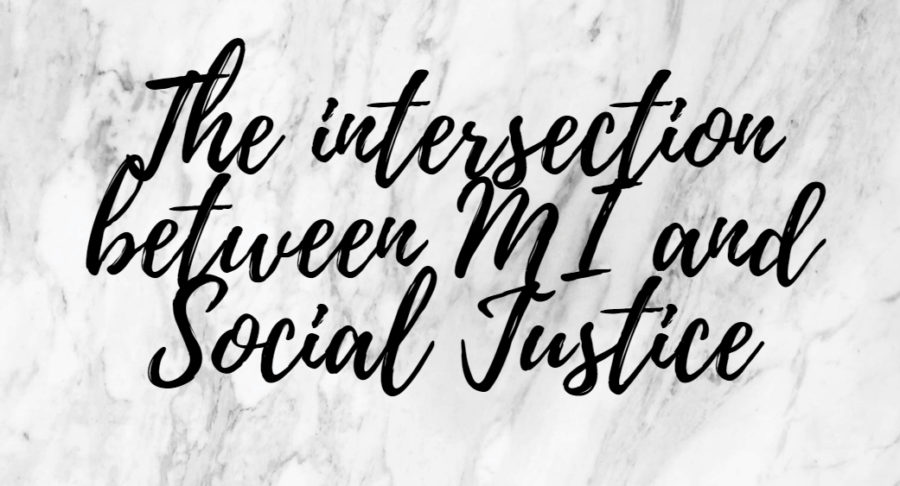I struggled initially to figure out a way to write about the current issues as they relate to Motivational Interviewing, until a participant in my current advanced training (thanks Will!) sent me this talk by Bill Miller on the intersection of Motivational Interviewing and Social Justice.
The spirit elements of Motivational Interviewing absolutely can be applied here! Bill Miller has described Motivational Interviewing as a “way of being.” In this talk, he reiterates the core elements of Motivational Interviewing as it relates to social justice work: Compassion. Respect. Fairness. Human Potential. Prizing Differences. Collaboration.
“American politics have degenerated into the precise opposite of these values, pursuing change through coercion, fear, shame, blame, demand, and threat. Collaboration is seen as betrayal, compassion as weakness, truth and fairness as optional.” -Bill Miller
What is your response to what is going on right now?
What can you do? What can I do?
I’m starting to view Motivational Interviewing through the lens of using it as a white person of privilege to have anti-racist conversations with other white people. Turning to the Motivational Interviewing lens, it is clear to me that we can start with two things.
#1 Listen
Alright white folks, dust off your amazing reflective listening skills and practice with those around you. Listen to those who have differing opinions. Listen to those who are similar. Reflect, listen, reflect, listen. If we aren’t listening, how can we expect to be listened to?
“You cannot get to the good stuff without listening. People will not listen to you if you are not listening to them.”
-REINKE, HERMAN & SPRICK, MOTIVATIONAL INTERVIEWING FOR EFFECTIVE CLASSROOM MANAGEMENT
Remember, at the CORE of Motivational Interviewing is the spirit of UNCONDITIONAL POSITIVE REGARD. This may be especially challenging to practice right now. Can you listen and be curious, rather than first trying to assert your opinion, values, and agenda?
One thing MI has taught us is that we cannot push information into a brain that is closed. Persuading often doesn’t work. To explore change with another, we listen and engage. We listen and connect. Only then can we paddle forward into the conversation about change. (Get it, paddle? OARS skills to paddle?)
#2 Challenge Yourself
Another core element of Motivational Interviewing is the process of evoking CHANGE TALK to support the growth of people’s intrinsic motivation for change. When someone is ambivalent (such as whether to be open minded about the need to be anti-racist or not), Change Talk is the language that argues for change. The reasons for change, the need for change, the desire. Can we challenge ourselves to increase the importance of becoming more anti-racist? Our confidence in our ability to do this? What will we need to take action steps in this direction?
I look forward to continuing this dialogue!
Sincerely,
Hillary Bolter, MSW, LCSW, LCAS
Member, Motivational Interviewing Network of Trainers


